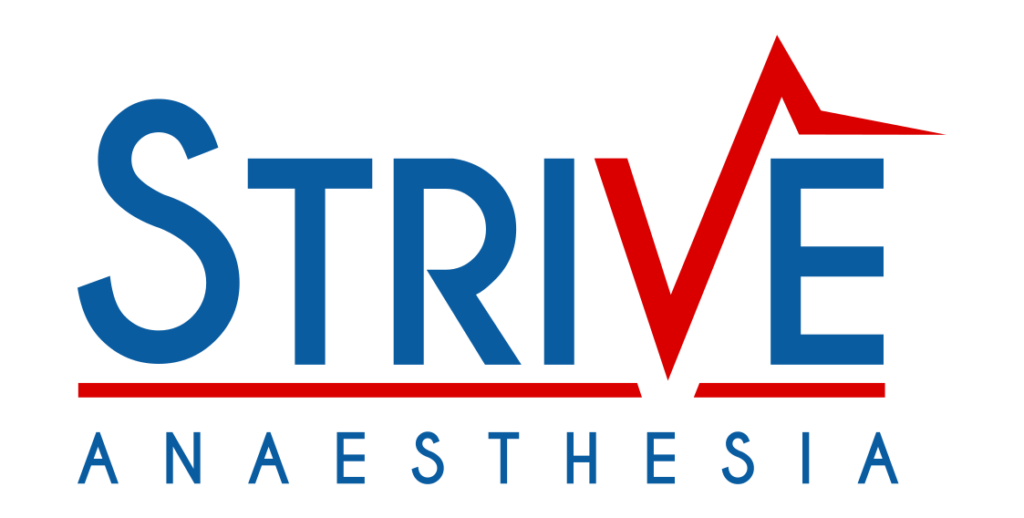Preparing for anaesthetic
Preparing for anaesthetic
Patients are usually admitted to hospital on the same day as their operation. When you get to talk to your anaesthetist make sure you share all your concerns and ask lots of questions, as there isn’t usually much time before you head into the operating room. If you have the option, it is beneficial if you can consult with the anaesthetist prior to surgery where you would have more time to get questions and queries answered. Arriving prior to your designated arrival time is recommended to make sure your admission paperwork is filled out adequately. Make sure you bring to the hospital your current medications and any other medications you have been prescribed prior to surgery, these include herbal and over the counter medications. You also may be required to take a bag as you may need to stay in the hospital overnight depending on the surgery you are undergoing.
Before your surgery you would usually be required to fast. You will be able to find your required fasting information in your pre-admission information either emailed to you or a hard copy may be provided to you at your pre-operation appointment. If you are unsure about the time you should start fasting, contact your surgeon. Fasting is a very important step in getting ready for your procedure as when you are anesthetised some of your protective reflexes do not work and if you were to vomit whilst in surgery it could pass through your windpipe or trachea and down into your lungs. This is known as aspiration, should you inhale some of your stomach contents you may be at risk of complications like pneumonia and lack of oxygen.
It is important before undergoing surgery you are as well as possible. In some cases though, surgery may be necessary whilst you aren’t at you optimum health and together the surgeons and anaesthetists would have to weigh up the risks and need for the operation.
If you have a cold or flu it is most likely that your operation would need to be postponed, this is due to an increased risk of respiratory problems. Something simple like a sore throat may be able to go ahead but it’s up to your anaesthetist.
Prior to your surgery you should have spoken to you anaesthetist about daily habits such as your alcohol intake, smoking and street drugs, as these can affect the amount of anaesthetic required, as well as if you are fit to undertake the procedure in the first place.
